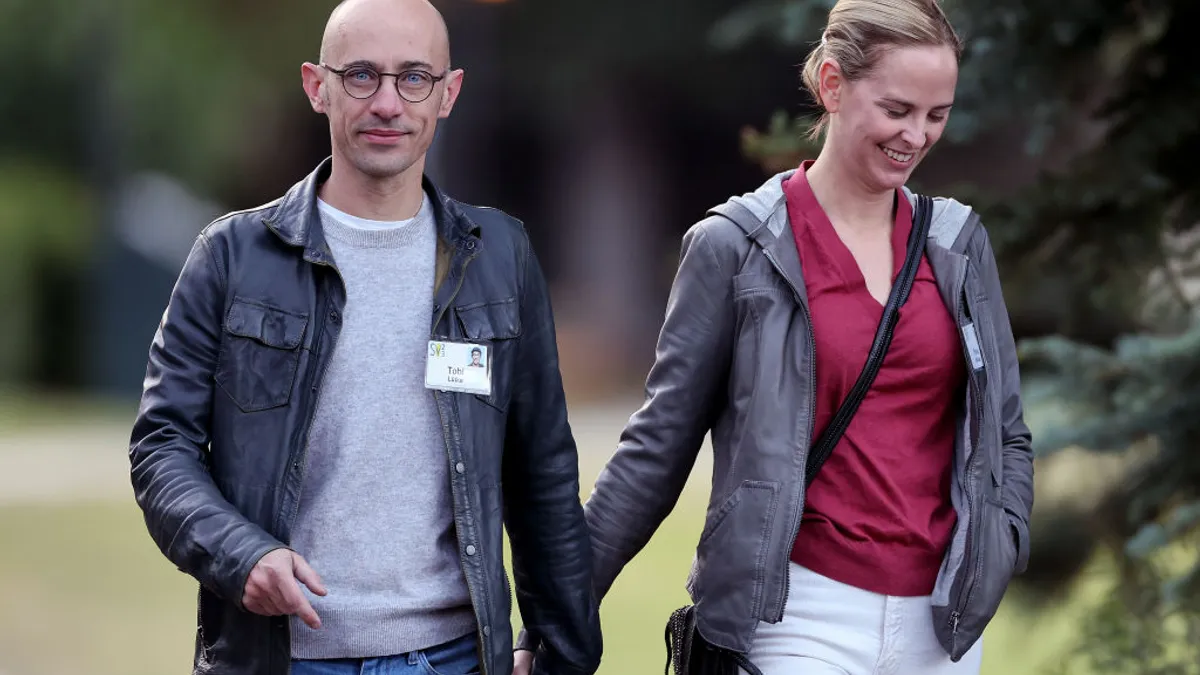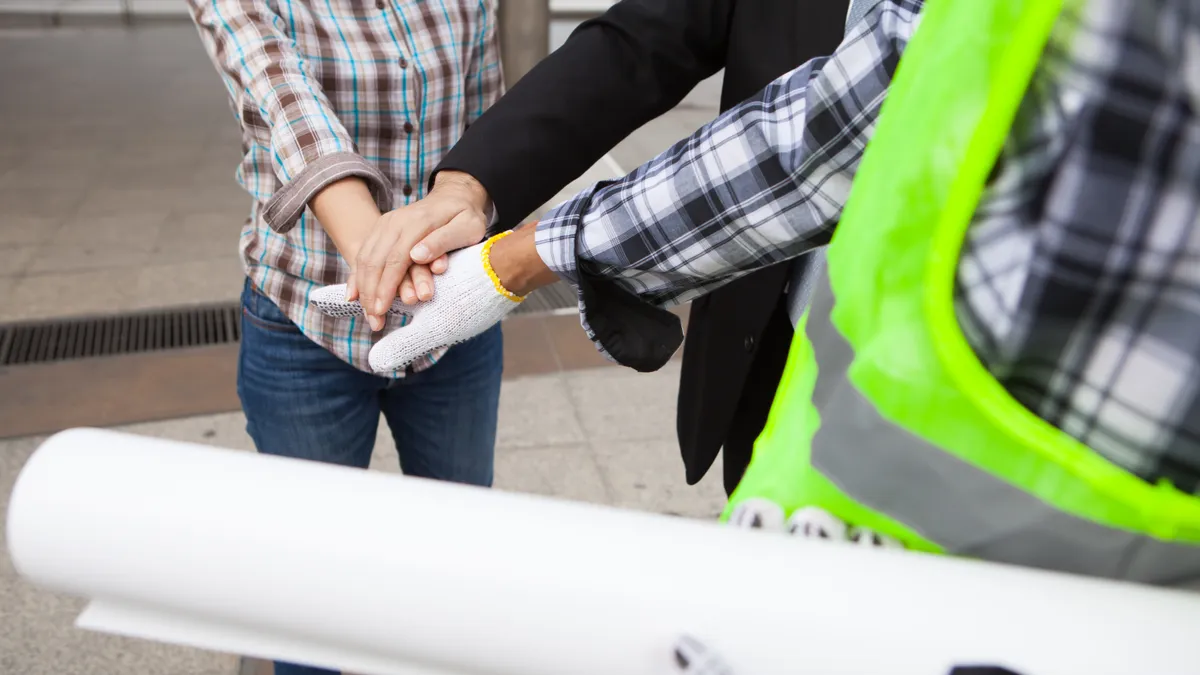Tammy Perkins is the chief people officer of PMI Worldwide, where she leads human resources for PMI's family of brands including Stanley and Aladdin. Opinions are the author's own.
The pandemic has turned the professional world upside down, demanding that employees adapt on the fly. Retooling operations forced a mandatory reskilling, and a generation of leaders emerged who mastered new competencies, including communicating and collaborating from afar.
According to a recent survey of 800 HR leaders conducted by Gartner, 33% of the average job post's skills in 2017 won't be relevant in 2021. Success has required more than just weathering the pandemic; employees needed to become self-reliant to keep pace. They've been operating in survival mode, making decisions and defining priorities on a new scale. Employees had limited access to the training, conferences and seminars that traditionally furthered their development. Many have upskilled themselves to meet workplace demands and to remain competitive.
Eventually, employees will be vaccinated. They will return to their offices. But they will be different. Their skills will be different. Fledgling leaders, who flourished in a remote context, will need to be identified and developed.
Processes, too, will change. The parts of the emergency plan that made the team more fluid, resilient, and functional will become the new operating procedure as companies streamline and modernize.
For all the tragedy it unleashed, the pandemic served as a crash course in lean, resilient management. How will these lessons shape the post-COVID workplace?
New workplace dynamics
Organizations have decentralized during the pandemic as more employees are working remotely. The Gartner survey notes that 48% of surveyed HR leaders expect employees will continue at least some remote work post-pandemic; only 30% did so pre-pandemic, signaling a significant cultural shift.
Developing existing talent is especially valuable now. Employers want to keep employees who propelled the business through the pandemic, those who've strengthened with their company. During the pandemic, work has become increasingly fast-paced, less structured and more reliant on strong communication skills.
Creating current and future bench strength is vital to fostering the stability and flexibility a company needs to move forward in the post-COVID future. As the business environment continues transforming, those with institutional knowledge are best positioned to drive that change. We must build an ample runway for these top performers.
Survival Mode
Employees who thrived in survival mode are taking on new leadership roles and upskilling their colleagues. They have strengths that enabled them to function optimally during the pandemic; for example, they are resilient. The Gartner report explains: "HR leaders now realize that efficient organizations are fragile organizations. Rather than striving for efficiency, leading organizations now realize they need to build resilient organizations, leaders, and employees, so they can bounce back and thrive during disruptions." Resiliency is now a mandatory skill, especially for leaders.
We are at the start of a new era. The work that employees engage in will not be the same as what they left a year ago.
When the unrest rests
2020 was a year of change and challenge. The pandemic tested people from their emotional health to how they prioritize work and caregiving responsibilities. It's heavy, and it's ongoing. There are bits of good news-glimpses of what a post-pandemic reality may bring, especially as more people get vaccinated and contemplate returning to something resembling a normal life.
But what is a normal life? What do we do when the unrest rests? A trend that stands to increase post-COVID, according to the survey, is employers' increasing role as a social safety net. Having a robust employee experience program that supports employees through a crisis can positively affect an employers' brand. It also positions employers to retain staff — a win-win for employers and employees alike.
Where employee experience meets development
How do we continue to keep employees energized and engaged? Employees have been through a lot. They need both emotional support and meaningful development opportunities.
Soft skills have been essential during the quarantine. There may be a nexus where these survival skills become a means for giving voice to the stress of quarantine and a foundation for professional training. Our employees did more than muscle through a challenging time; they survived a national crisis. Soft skills empower meaningful collaboration. With the right guidance, employees can develop their soft skills to articulate past stress and develop future competencies.
Upskilling talent
Leaders worry about capabilities more than ever, as there are fewer ways to influence employees and shape behavior when teams are working remotely. The new skills that employees need in a remote context may feel outside of the range for some employees unless they have supported skills development. Their new remote role may feel very different from the pre-pandemic job they held.
Learning to function optimally in a remote context requires new skills and enhanced awareness. Learning is a powerful catalyst for achievement. Give employees the resources they need and watch the impact they will bring to your business and culture.






















